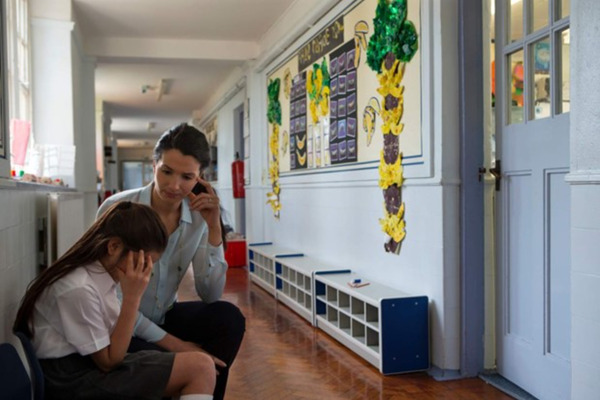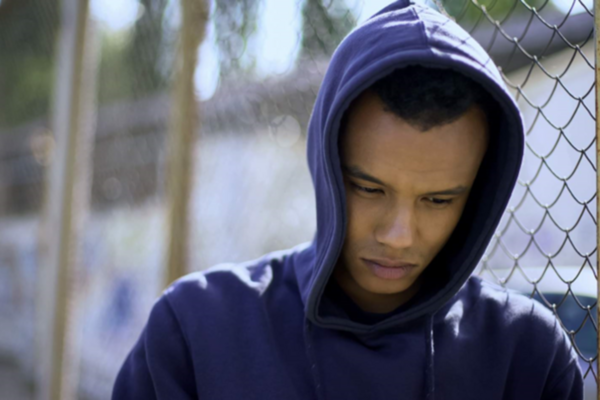
Professional Learning Positive Response to Challenging Behaviors a { text-decoration: none; color: #464feb; } tr th, tr td { border: 1px solid #e6e6e6; } tr th { background-color: #f5f5f5; } This NEA Blended Learning facilitated course is designed for educators seeking effective strategies to address and reduce challenging student behaviors. Disruptive behaviors can interfere with learning and create stress for both students and educators. In this course, participants will explore proven approaches to building positive relationships, preventing escalation, and creating a supportive classroom environment. Through practical tools and collaborative learning, educators will gain confidence in responding to challenging situations while maintaining a focus on student success and well-being. Read more

Professional Learning TRAUMA-INFORMED PEDAGOGY Poverty-Related Trauma Being poor in and of itself isn’t traumatic, but we do know that children living in poverty have a higher rate of experiencing the types of disturbing events and ongoing stressors that can lead to trauma. In this NEA Online Blended Learning course, you will learn how to recognize behaviors that may result from trauma-related poverty and how to support students experiencing this form of trauma so that they can learn and thrive in your classroom. Read more

The Public School Strong Self-directed Orientation is designed to give you the tools that you will need to become part of a movement to defend and strengthen our public schools. By demonstrating your on-going support for honest, equitable, and fully-funded public schools, it will help you to develop your leadership skills. Also, it provides resources that will help you to connect and organize in your local school district with the potential to impact at state and national levels. Read more

A Racial Equity Tool is used for making decisions with deliberate attention to racial justice, social justice, equity, and inclusion. It provides a guide and protocol for race- and equity-conscious decision-making that is thoughtful, transparent, participatory, and systematic. This course explores the importance of applying a Racial Equity Tool to our collective work, decision-making, and planning. Read more

This course will guide educators through the many options for online collaboration and communication with students, families, and colleagues. More specifically, these tools can be used to ease the communication process between school and home in the event of remote learning . Read more

In this course, you will learn about the equity challenges caused by the necessity for remote learning, as well as the opportunities you have as educators to to minimize their impact. Read more
Shopping Cart
Your cart is empty
